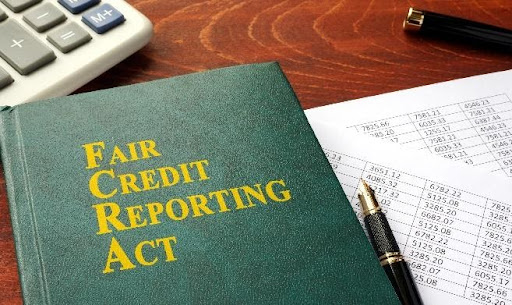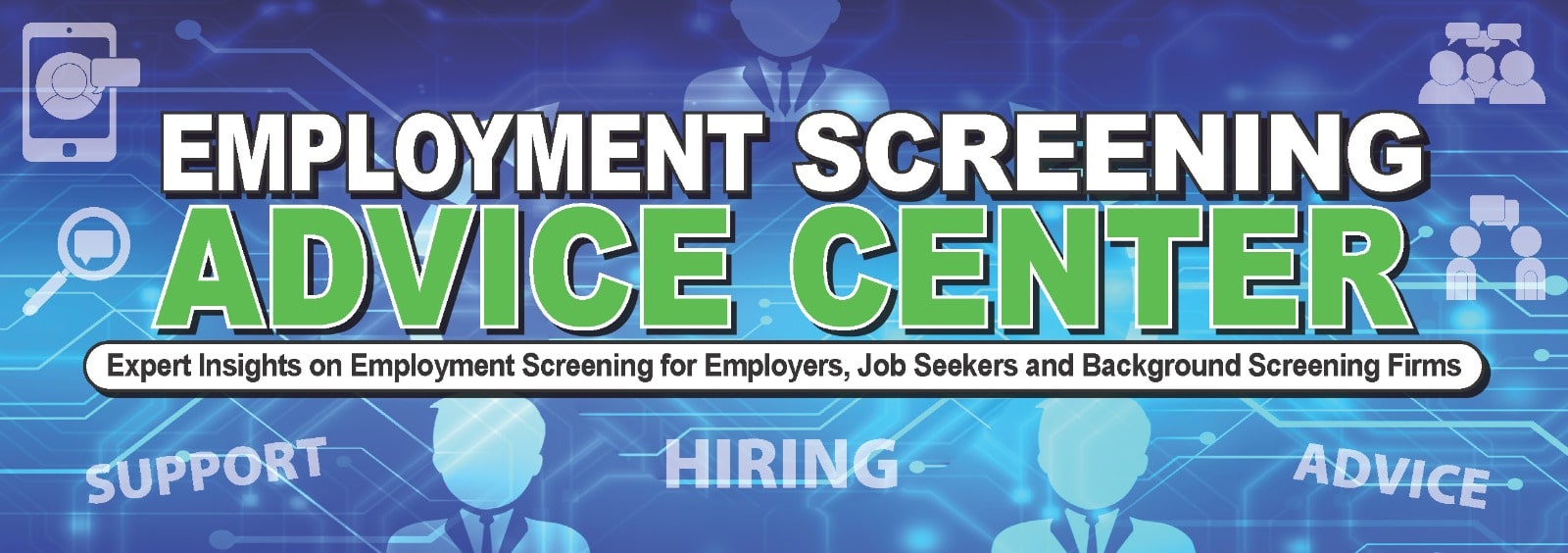
by Susan McCullah, Data Facts
It’s important that individuals involved in the hiring process understand there are compliance requirements for using background check information. One of the most crucial is the adverse action requirement.
If you decide not to hire a person because of the background check, your responsibility doesn’t end there. You must follow Adverse Action procedures laid out by the FCRA.
Here are the Do’s and Don’ts for handling Adverse Action information on a background check.
DO Understand What “Taking Adverse Action” Means
The Fair Credit Reporting Act (FCRA) considers background checks for employment purposes as a “consumer report” and expects employers to comply with the requirements in using them. Adverse action means that you, as an employer, choose not to hire a person.
DON’T Ignore the FCRA Requirements
A consumer reports is defined as “any written, oral, or other communication of any information by a consumer reporting agency bearing on a consumer’s credit worthiness, credit standing, credit capacity, character, general reputation, personal characteristics, or mode of living which is used or expected to be used or collected in whole or in part for the purpose of serving as a factor in establishing the consumer’s eligibility” for credit, insurance or employment purposes. The FCRA extends to criminal records, civil lawsuits, reference checks and other information obtained by a consumer reporting agency for the purpose of screening an applicant’s background.
The FCRA has civil and statutory penalties in place for those who don’t comply with their requirements.
DO Maintain Adverse Action Compliance Every Time
While we are not employment attorneys, here is a smart best practice process to compliantly handle applicants you don’t end up hiring. *
NOTE: Be sure and check your state-specific laws regarding adverse action requirement. Depending on where you’re located, there may be slightly different requirements.
1: If you are considering an adverse employment action (declining to hire the person) based in whole or part on information found in the background report, you should:
- Notify the applicant by sending a pre-Adverse notification. The preliminary adverse action notice should include the name, address and toll-free number of your background screening vendor, a notice that the consumer is entitled to a free copy of the report and has the right to dispute the information, and a statement that your background screening vendor did not make the decision to take adverse action and cannot provide the specific reasons why adverse action was taken.
- Provide a copy of the background report
- Provide a description, in writing, of the rights of the consumer titled “A Summary of Your Rights under the Fair Credit Reporting Act.” (This process is sometimes called “Pre-Adverse Action” or “Preliminary Adverse Action” or “First Notice”)
2: The applicant may contact the background screening company if they want to dispute any information in their background report. (For example, if they claim the criminal charge that was uncovered is not theirs).
3: The background screening company would re-investigate any disputed items of information and issue an updated report to employer and applicant/employee.
NOTE: Organizations are not required to hold a job open for an applicant who is disputing information in their background report.
4: You would then review the updated report and make the final employment decision. After the appropriate waiting period and giving the consumer ‘ample time’ to dispute the information, you can issue notice of the adverse action taken to your applicant. (This includes the required notices identified in Section 615 of the Fair Credit Reporting Act). In addition to the Federal FCRA, in some instances, state consumer reporting laws may apply regarding taking adverse action against a consumer based on a consumer report.
DON’T Use Blanket Policies
Before taking adverse action based on a criminal record, the EEOC Criminal History Guide recommends that you perform an individualized assessment and or other considerations. To obtain a copy of the EEOC Criminal History Guidance please go to the following website: http://www.eeoc.gov/laws/guidance/arrest_conviction.cfm.
If the employment decision is adverse, a notice of adverse action is sent to applicant (This process is sometimes called “Final Adverse Action”). There needs to be reasonable time (usually at least 5 business days) between the pre-adverse action letter and the Adverse Action letter.
DO Commit to a Consistent Policy
Following it every single time is how you can keep your organization in compliance with the FCRA requirements concerning adverse action. Train and re-train your hiring staff so that everyone is on the same page and follows the same protocols.
Choosing a reputable third-party background screening company will assist you in maintaining compliance. Find a partner that automatically generates the documents mentioned in this article to maximize efficiency and save time. If it’s ever challenged, an electronic trail gives your organization extra proof of compliance.
https://www.datafacts.com/backgroundscreeningblog/dos-and-donts-for-handling-adverse-information-on-a-background-check?utm_content=197644143&utm_medium=social&utm_source=twitter&hss_channel=tw-278508063


